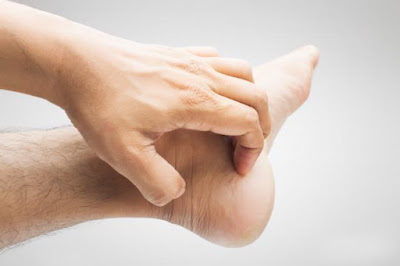An antifungal medication is one that acts on the area, affected by fungal infections in order to cure them. Most of these medications mainly damage the cell wall of the fungus which kills the fungal cell. Also known as antimycotic medication, it prevents and treats mycosis e.g., ringworms, athlete’s foot and others.
Antifungal medication is available in various forms in the market, such as sprays, creams, shampoos, injections, tablets to be consumed by mouth etc. The most common forms are - the cream, liquid and sprays, which are also termed as topical antifungal as they are applied on the body surface. Topical antifungal creams include – antifungal foot cream, ringworm antifungal cream, athlete’s foot cream etc.
Procedure to apply topical antifungal medications:
Clean the infected area and thoroughly dry it.
Apply the medication to the area that requires treatment, as per the direction of the physician (usually twice to trice a day).
Use it on skin surfaces only.
Wash your hands properly after applying the medication unless the infected area itself is your hand.
Duration of the treatment and the prescribed quantity depends on the sort of infection being treated.
Use the medication regularly for best results.
Things not to do:
Do not consume, or apply in your eyes, nose and other sensitive areas, otherwise prescribed to do so.
Do not apply it more often or leave it on for longer than directed. This may cause side effects.
Irregular use may not give you result. Regularity is mandatory.
Do not let children or elderly use antifungal medications without consulting a doctor or pharmacist.
Pills are stronger than the creams. You should consult a doctor before consuming pills as it may interfere with your other medication and do more harm than good.
Antifungal creams, sprays and liquid are generally used for the treatment of fungal infections in the skin, scalp etc. These creams include clotrimazole, ketoconazole, amorolfine, terbinafine, econazole etc under various brand names.
If the infection is not serious, you can cure it by applying a cream and maintain general hygiene. But if the symptoms worsen, causing more irritation or pain, then consulting a doctor and following all his directions is the only wise choice.
